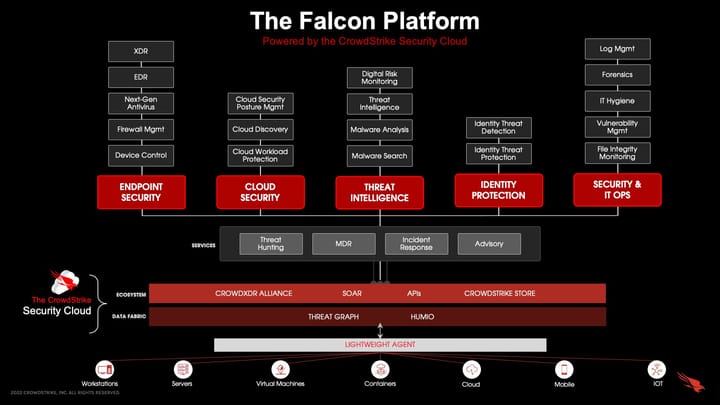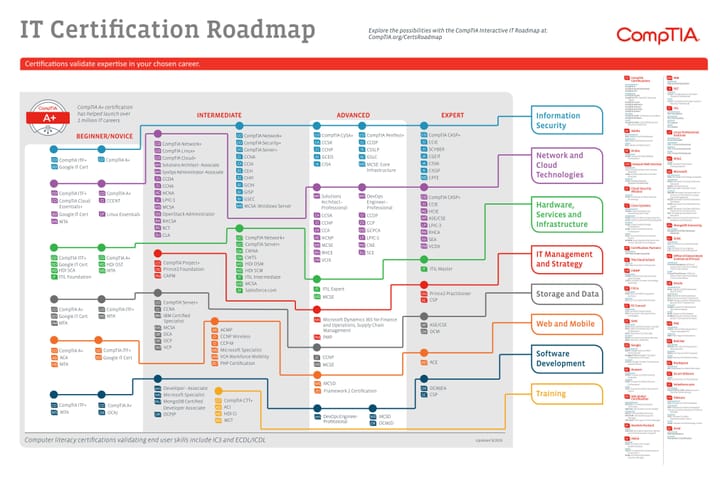Mastering the Fundamentals of Project Management: A Guide for Success

Introduction:
Project management is a crucial discipline that plays a pivotal role in the success of any endeavour, whether it's launching a new product, organising an event, or implementing a complex business strategy. The ability to efficiently plan, execute, and control projects is a valuable skill that can make the difference between success and failure. In this blog post, we'll explore the fundamentals of project management and how mastering them can lead to successful project outcomes.
1. Define Clear Objectives:
Every successful project begins with a clear understanding of its objectives. Before diving into the planning phase, take the time to define the project's purpose, scope, and goals. Establishing a well-defined project scope helps in avoiding scope creep, ensuring that the project stays focused on its intended outcomes.
2. Develop a Solid Project Plan:
A robust project plan serves as the roadmap for your project, outlining the tasks, milestones, timelines, and resource requirements. Break down the project into manageable phases, creating a detailed schedule that accounts for dependencies and critical paths. Include contingency plans to address potential risks and uncertainties that may arise during the project lifecycle.
3. Build a Competent Project Team:
The success of any project is heavily dependent on the skills and commitment of the project team. Assemble a team with the right mix of skills, expertise, and personalities. Foster effective communication and collaboration among team members to enhance productivity and resolve issues promptly. Regularly assess team performance and make adjustments as needed.
4. Efficient Resource Management:
Resources, including human, financial, and material, are the lifeblood of a project. Project managers must allocate resources efficiently, balancing workloads to avoid burnout and ensuring that the project stays within budget constraints. Regularly monitor resource usage and make adjustments as necessary to maintain optimal project performance.
5. Implement Effective Communication:
Clear and open communication is a cornerstone of successful project management. Establish communication channels that facilitate the flow of information among team members, stakeholders, and other relevant parties. Regularly update all stakeholders on project progress, milestones achieved, and any challenges faced. Address concerns promptly to maintain a positive project environment.
6. Monitor and Control:
Continuous monitoring and control are essential throughout the project lifecycle. Track progress against the project plan, identify potential risks, and implement corrective actions as needed. Regularly review and update the project plan to reflect any changes in scope, schedule, or resources. Utilise project management tools and software to streamline monitoring and control processes.
7. Evaluate and Learn:
Once the project is complete, take the time to evaluate its overall success. Conduct a comprehensive review of the project's outcomes, comparing them against the initial objectives and key performance indicators. Identify lessons learned and areas for improvement, incorporating these insights into future projects to continuously enhance project management practices.
Conclusion:
Mastering the fundamentals of project management is essential for achieving successful project outcomes. By defining clear objectives, developing solid project plans, building competent teams, efficiently managing resources, implementing effective communication, and continuously monitoring and learning from each project, project managers can navigate the complexities of project management with confidence. Embracing these fundamentals will not only lead to successful project delivery but also contribute to the overall growth and success of organisations.



Comments ()